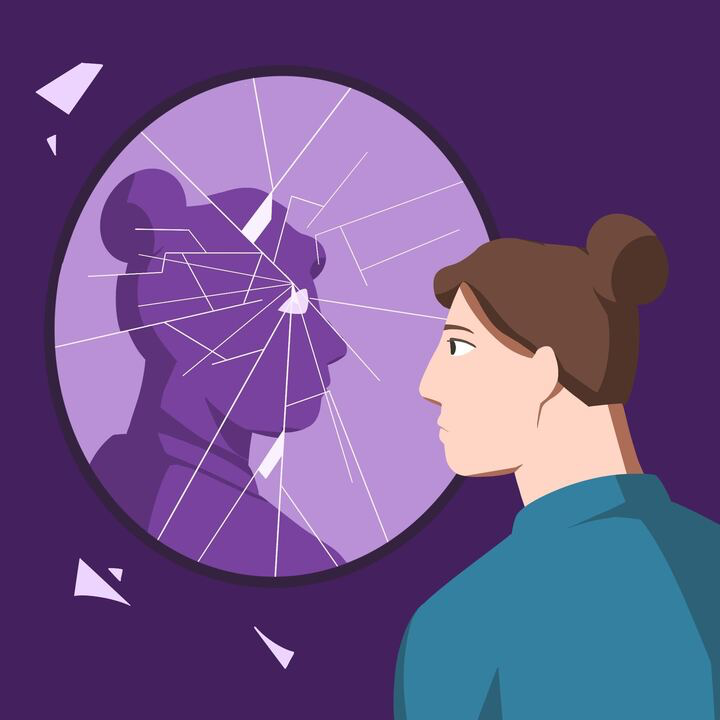With the United States in a mental health crisis, it’s no wonder why self-help programs have become so popular. The self-help industry is a multi-billion dollar industry that often promulgates a culture of self-insufficiency, instead of addressing the unique problems of each individual. The issue is not self-help tools themselves, but how easily our initial, benign self-help belief can lead to a toxic mentality that does more harm than good.
As a matter of fact, self-help tools such as apps — have shown to be effective devices for people with Asperger’s syndrome who oftentimes struggle with expressing themselves in social settings, for example, in-person therapy. Self-help tools have even shown to be beneficial ways of reducing symptoms of depression and anxiety among young adults. However, the effectiveness of each of the self-help method interventions vary, as there were problems with bias in 90% of the studies analyzed.
While self-help tools have the potential of benefiting people with mental health issues, it’s not guaranteed that they will solve all the problems people may face.
Take for instance the case of production subeditor for The Guardian, Emily Goddard, who, after 15 years of utilizing self-help tools, realized that her continuous efforts of adding self-help tools to her routine did not result in the expectations she was hoping for. Instead, she noticed how the advice she was putting into practice was preventing her from actually healing the way she needed, for example, processing the death of her father. She realized that focusing on who she wanted to become, instead of accepting who she really was, was taking the joy out of her life. She had been consumed by the idea that self-help tools would solve all the problems in her life when in reality, it was stalling much of her healing process.
Self-help books with a problem-based focus tend to result in more depressive symptoms in consumers by promoting a mindset of self-victimization. A 2019 study found that people who perceived themselves to be similar to their future selves were more likely to be satisfied with their lives a decade later, as opposed to those who perceived themselves as different from their future selves.
The problem with self-help tools is how much more harmful they are to consumers when they reinforce the idea that there is something wrong with them. The self-victimization mindset stems from a belief that there is something wrong with the way we are individually. The irony though is that the condition of believing that there is something wrong with us is exactly what can cause us much more distress, rather than accepting what we believe to be imperfections of our character.
In some ways, we overestimate things like self-help books and we underestimate our own neurological structures, which provide us moments of clarity when we feel stuck in life or unclear about what decisions to take.
This is not to say that self-help tools don’t have the potential to or have not helped people with their problems. As a matter of fact, self-help tools can be effective when the advice is taken with a critical mind and when people apply the tools that resonate with the specific problems they are facing. It’s the same with setting goals. In order for them to be effective, they have to be both specific and realistic.
Self-help tools can be helpful, but overrelying on them and having unrealistic expectations of them can be toxic, especially when improvement is motivated from a state of self-hate instead of self-acceptance. So next time you decide to take advice from a self-help guru, self-help book or self-help program, take a pause and think: How will this advice help me? What are my intentions when taking this advice? And what goal do I have in mind?
Alex Alejo is an Opinion Intern for the summer 2025 quarter. He can be reached at aalejosa@uci.edu.
Edited by Rebecca Do and Annabelle Aguirre



